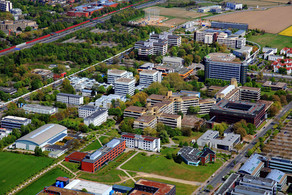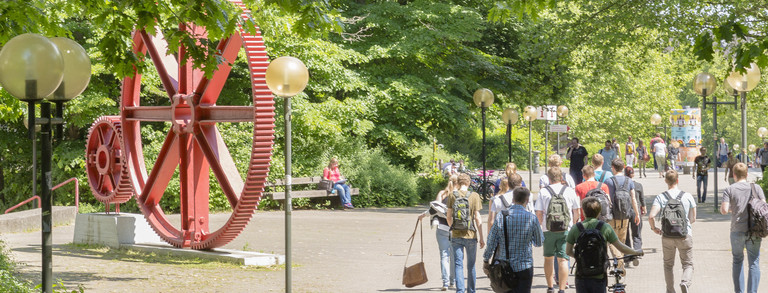Goals of the Sustainability Strategy
The TU's sustainability strategy, adopted in 2021, reports on the current status at the university, but also sets out concrete goals and plans for the future. For a better visualization, the goals have been elaborated in individual infographics. More detailed explanations of the various goals and the current status can be found here.
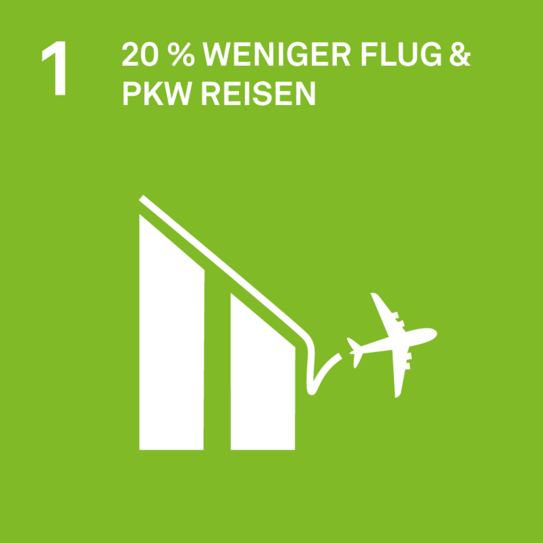
In its sustainability strategy, TU Dortmund University has set itself the goal of reducing the air and car travel of its employees by 20% by 2025. The year 2019 serves as a comparison year for this purpose.
At the beginning of 2022, the travel expense statement was changed so that travel by train in particular is supported and simplified. Now, for example, business travelers can opt for a train trip even if the ticket is more expensive or the longer travel time results in entitlement to overnight accommodation and a higher daily allowance.
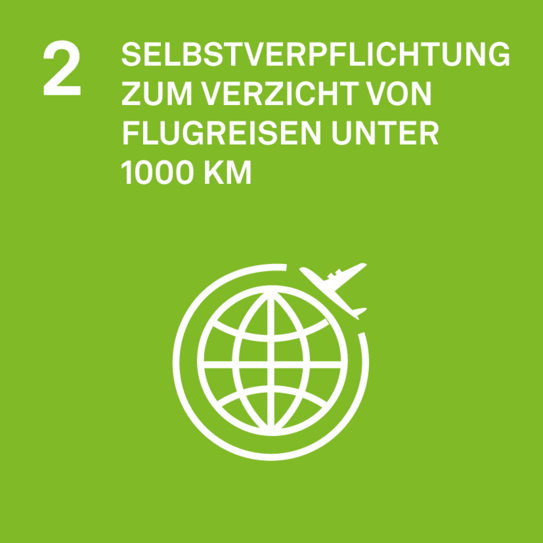
In its sustainability strategy, TU Dortmund University has set itself the goal of reducing the air and car travel of its employees. To this end, as many members as possible are to be motivated to sign a voluntary commitment to refrain from air travel of less than 1000 kilometers. Similar models and declarations already exist, for example in the Unter1000 project.
At the beginning of 2022, the travel expense statement was changed so that travel by rail in particular is supported and simplified. Now, for example, business travelers can opt for a rail trip even if the ticket is more expensive or the longer travel time entitles them to overnight accommodation and a higher daily allowance.
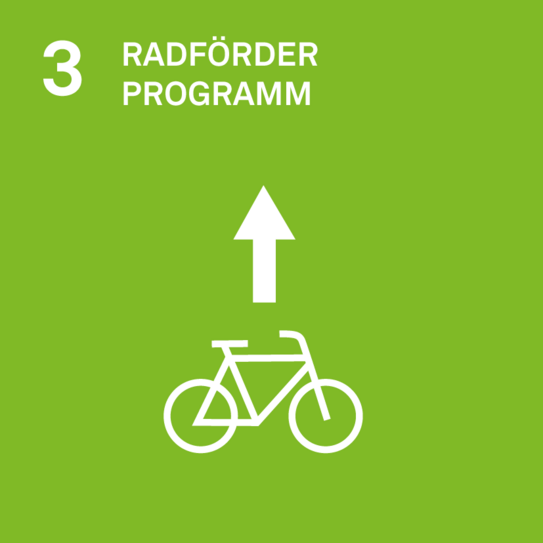
In its sustainability strategy, TU sets itself the goal of offering incentives for the use of environmentally friendly means of transport for its members. In particular, the switch to the bicycle as an environmentally friendly means of transport is to be promoted.
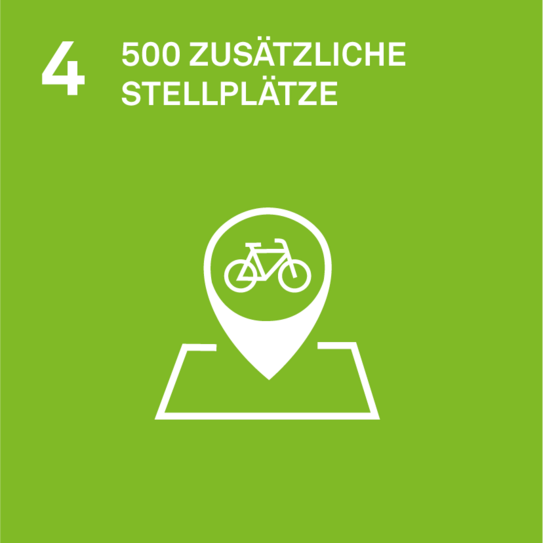
As part of a mobility concept, an additional 500 covered and secured parking spaces for bicycles are to be created by 2025. In particular, this is intended to motivate owners of high-quality (electric) bicycles to travel by bicycle.
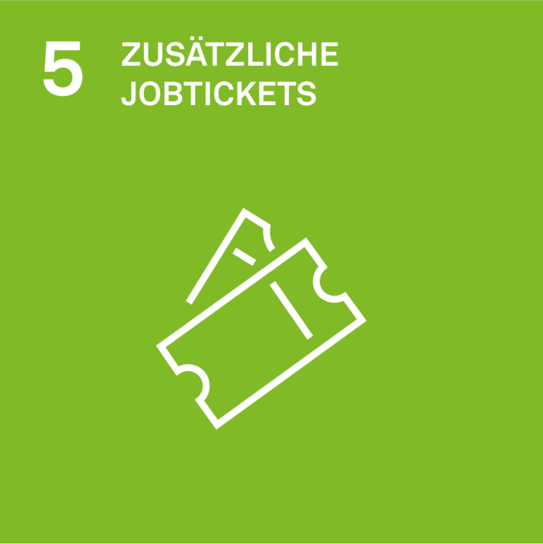
In cooperation with DSW21, TU Dortmund University offers its employees the opportunity to obtain a Job Ticket / Major Customer Ticket. This ticket is valid for the entire week for any number of journeys, also during free time, around the clock in the selected area of validity in local transport. By purchasing the tickets together, a discount of 8% to 12% is granted.
Currently, 100-250 job tickets are purchased through the TU. The sustainability strategy sets the goal of increasing the number of job tickets to 500.
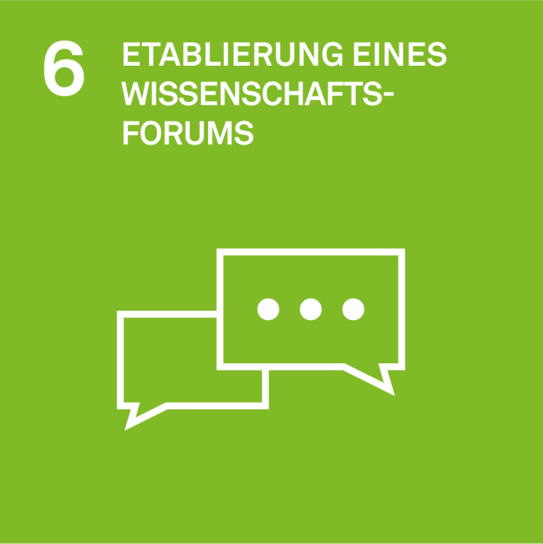
At the TU, research is already being conducted on sustainability topics in some areas. The strategy formulates the goal of establishing a sustainability science forum to further strengthen the dialog between scientists at TU Dortmund University and to communicate sustainability as an interdisciplinary challenge. The forum is to contribute to sounding out promising approaches for research initiatives and cooperations or new teaching formats. In order to support this project, the TU Dortmund University's research information system, which is currently being set up, is to be expanded to include information on the field of sustainability.
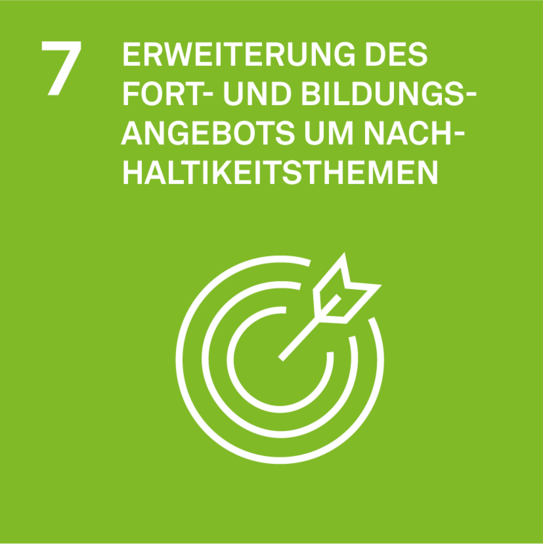
TU Dortmund University will specifically expand its continuing education and training offerings to include sustainability topics. The aim is to impart knowledge and skills that enable TU Dortmund members to act in a socially, ecologically and economically sustainable manner.
Formats on energy saving and environmental protection (waste avoidance, use of ecologically compatible working materials) are therefore to be integrated into the continuing education program. In addition, there should be a stronger focus on diversity and gender competencies, e.g. raising awareness of gender issues or dealing with diversity. The offers for health in the workplace are also to be expanded.
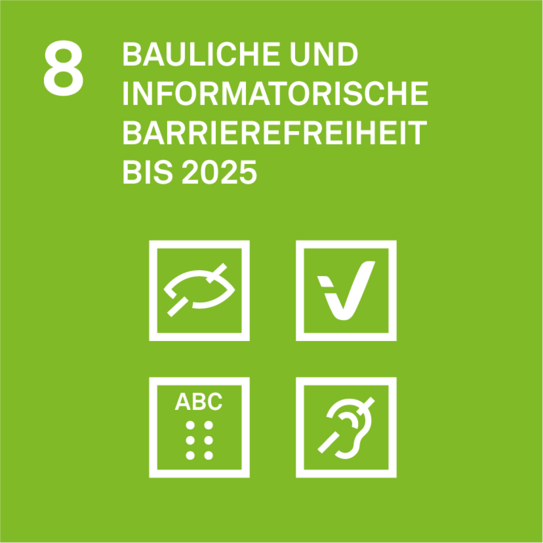
TU Dortmund University wants to be barrier-free in terms of both construction and information by 2025. In particular, barrier-free access to information about research, teaching and the university's services is to be realized by then and barrier-free routing on campus is to be completed.
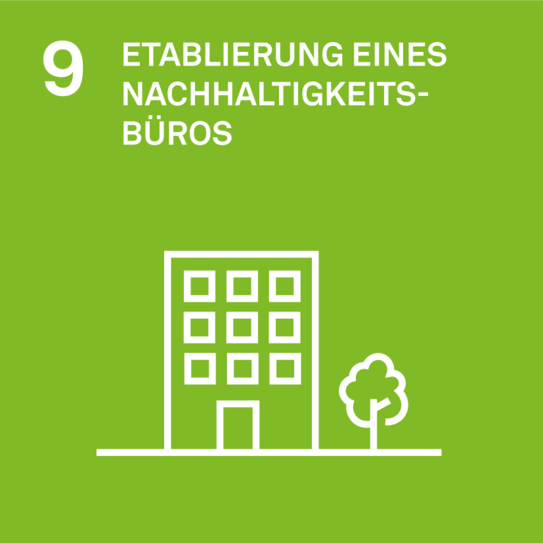
The TU Dortmund University will establish a "Sustainability Office" in the central administration. This is intended as a separate department, also to support the Sustainability Working Group, to strengthen the openness for and enforceability of sustainability projects.
A Sustainability Office was realized in the summer of 2021 and is located on the North Campus of the TU Dortmund University, directly under the Food Faculty in the Uni-Center. As part of the Department of University Development and Organization, the Sustainability Office takes over the operational tasks and is the central contact point for all members of the TU. It also strengthens and supports sustainability projects and initiatives at the TU Dortmund and beyond the campus. In order to utilize synergies from the various sustainability actors and to intensify the exchange between the different status groups, the office offers networking opportunities for the individual actors.
Who works in the sustainability office and how to reach the office can be found in the contact section.
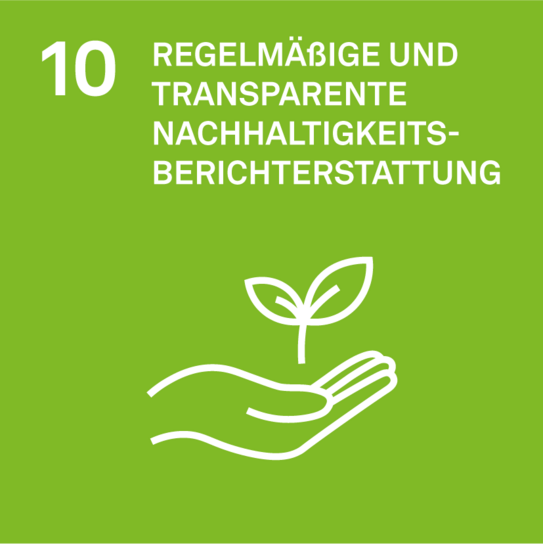
The TU sets itself the goal of reporting regularly and transparently on sustainability and developments at the university.
Currently, the Sustainability Office is working on the implementation of a first sustainability report, which primarily describes the current status and planned developments as well as goals. For transparent communication, a lot of information can also be found on this website and in the future, the established media of the TU will be used more.
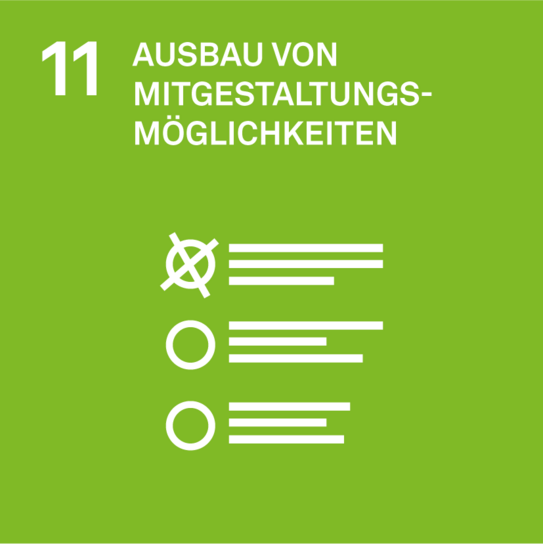
For TU Dortmund University, sustainability is a joint task in which all its members, professors, employees and students participate across all departments.professors, employees, and students participate in this task across all departments.
The sustainability strategy formulates the goal of further expanding opportunities for participation, e.g. through idea competitions or student idea management.
For example, a workshop was implemented in the fall by an initiative group in which TU members were able to discuss sustainable visions and future developments together.
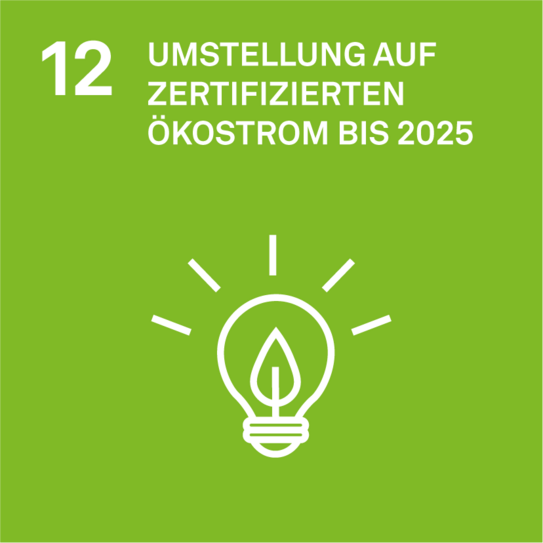
The university aims to switch its power supply to certified green electricity by 2025.
The TU Dortmund produces almost half of its electricity requirements itself through combined heat and power plants. About 55 % of the electricity demand is purchased externally. Since the beginning of 2022, only certified green electricity has been purchased.
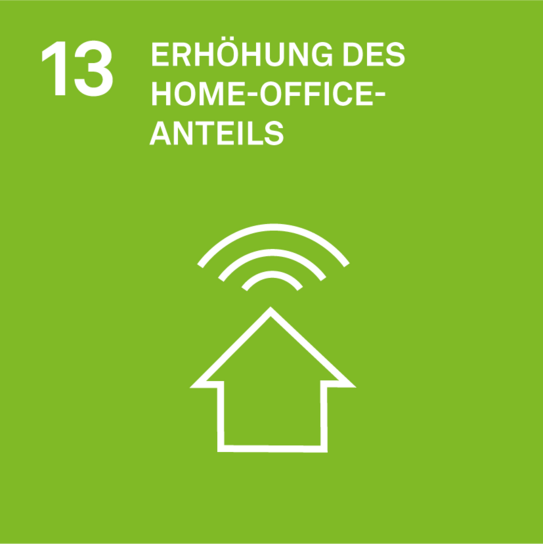
In order to achieve a more climate-neutral energy balance, TU is aiming for a higher, permanent proportion of home offices.
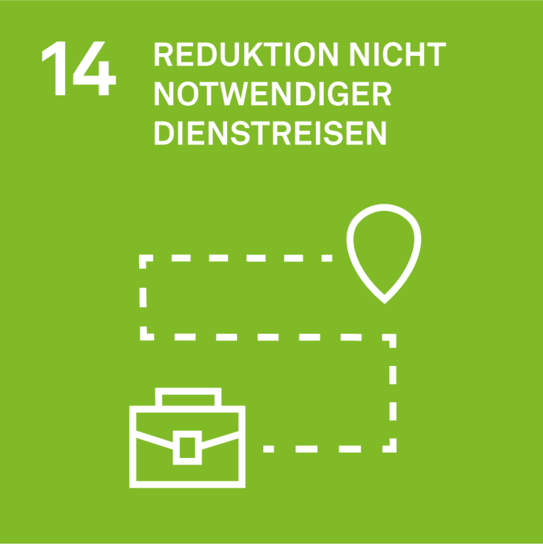
The TU sets itself the goal of reducing unnecessary business travel.
To this end, a voluntary commitment is to be formulated to forego car and air travel for trips of less than 1000 km (Goal 2). Overall, the TU Dortmund aims to reduce its air and car travel by 20% by 2025 compared to 2019 (Goal 1).
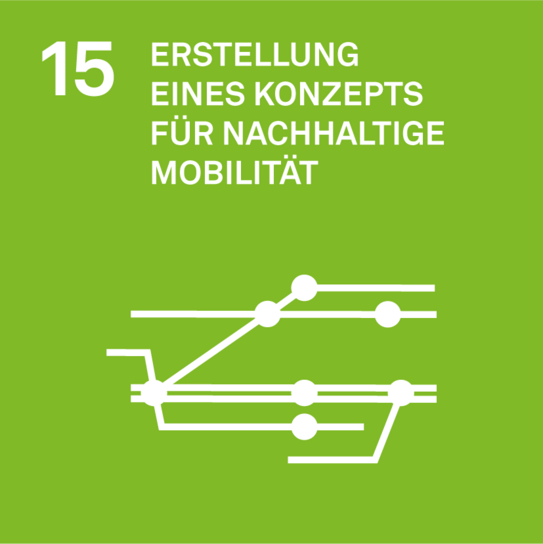
The TU Dortmund University will develop a concept for sustainable mobility by 2022. The aim is to improve the accessibility of the campus with climate-neutral and climate-friendly means of transport and to offer TU members incentives to use environmentally friendly means of transport.
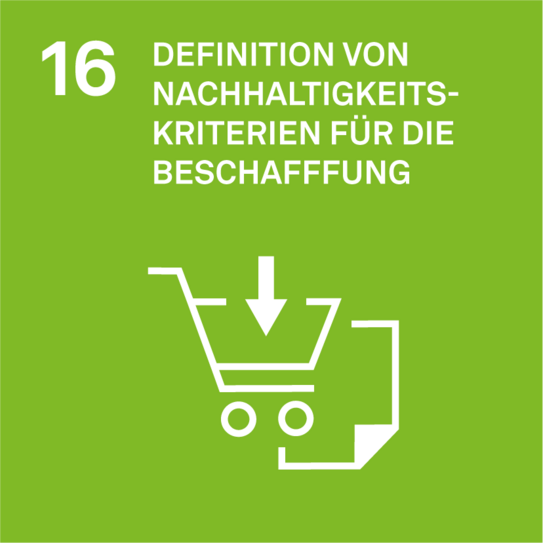
TU Dortmund University will define sustainability criteria for the procurement of material equipment and materials. The aim is to go beyond the legal sustainability criteria and formulate its own and TU-specific requirements (e.g. preference for ecological products at equal prices or avoiding plastics).
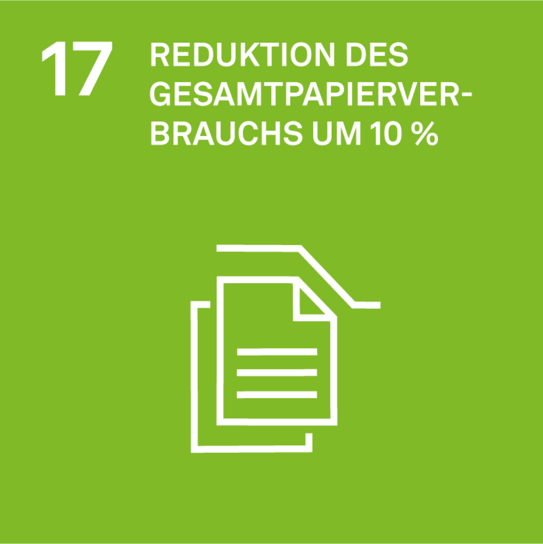
TU has set itself the goal of reducing its total paper consumption by 10% by the end of 2021.
As a result of the pandemic, paper consumption has fallen sharply. The extent to which this trend will last remains to be seen. However, more and more digital systems and solutions are currently being installed. For example, the university library is converting from printers and copiers to scanners only.
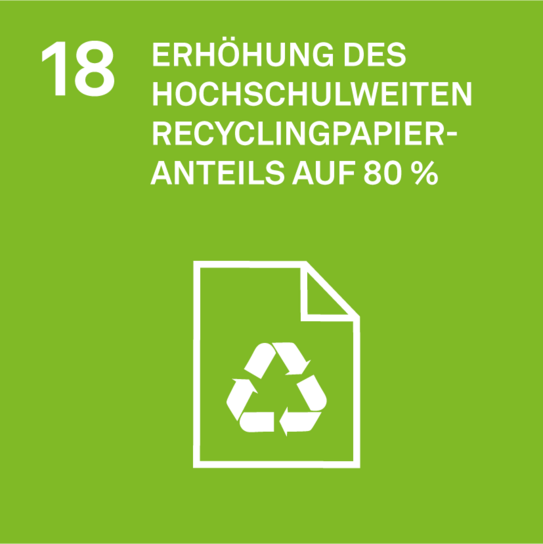
The sustainability strategy formulates the goal of increasing the university-wide share of recycled paper to 80% by 2025.
Currently, the proportion of recycled paper used is around 36%.
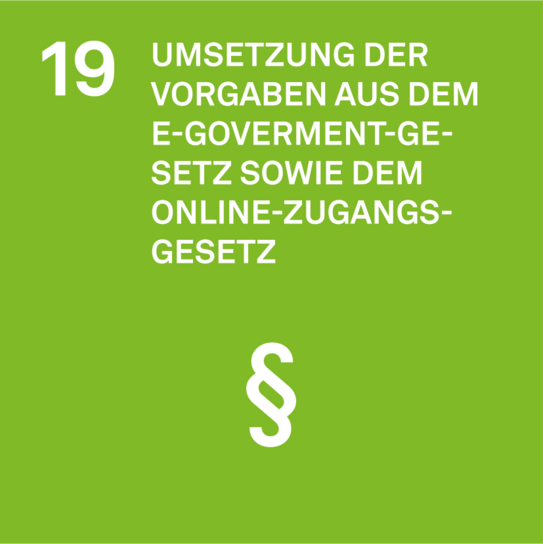
The TU Dortmund University will expand the possibilities for digital work, in particular to facilitate work in the home office, e.g. through the use of digital signatures, digital files, digital mail or digital time recording. The university's goal is to meet the requirements of the E-Government Act and the Online Access Act, if possible before 2025.
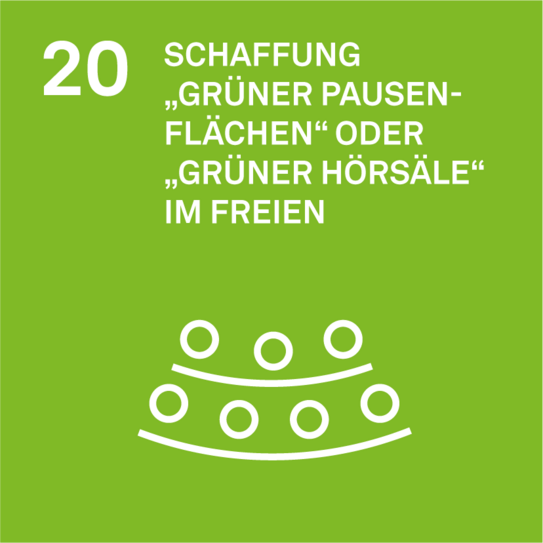
The TU Dortmund University will launch a "Green Campus" project. In this, a concept is to be developed as to how "green break areas" or "green lecture halls" can be created outdoors on the campus.
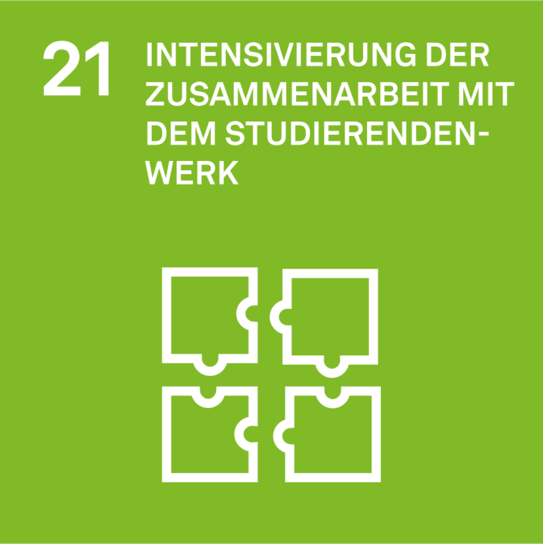
Cooperation with the Studierendenwerk is to be intensified to enable healthier nutrition in the long term. In particular, a joint concept for healthy nutrition and sustainable gastronomy is to be developed, possibly with the participation of nutritionists.
Cooperation with the Studierendenwerk is also important for sustainable development in other areas such as student housing and social life on campus.

